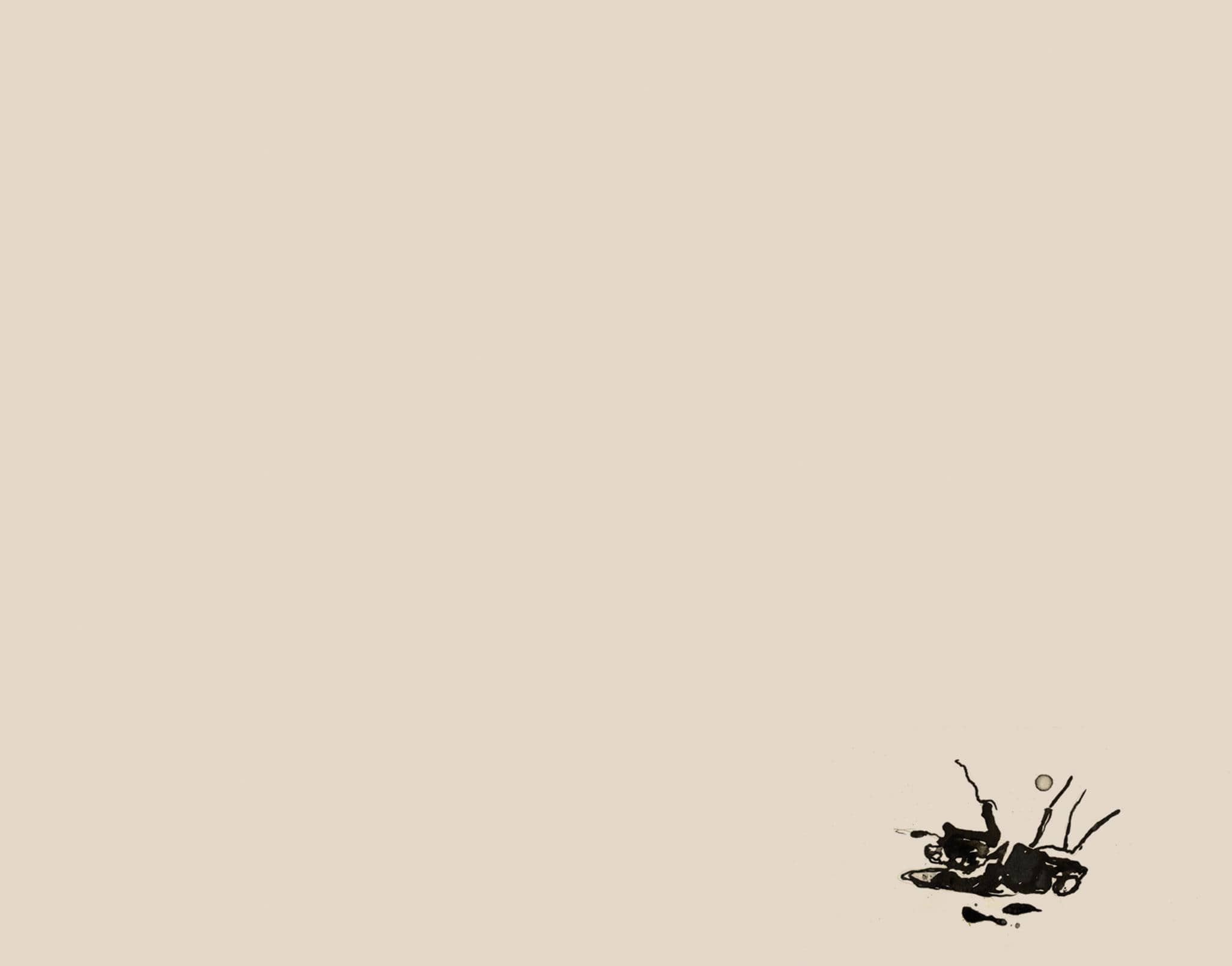
The rabbis of the Talmud taught in parables, fanciful tales meant to illustrate moral principles. To what may a parable be compared? one of them once asked, that being the form of most rabbinical questions. To a cheap candle used by a king to find a gold coin. With just one modest anecdote, you may fathom the Torah!
Jesus taught in parables too—which is not surprising, given that he was also a rabbi of sorts. Why do you speak to the people in parables? his disciples ask him in Matthew 13:10–17, after he has just preached one to large crowds. Because they don’t understand them, he responds, offering one of the most mystifying explanations in the Gospels: Seeing they do not see, and hearing they do not hear. But you disciples, Jesus says, addressing his loyal followers, rank among the initiated and know the mysteries of the kingdom of heaven, so you do understand my parables, and can learn from them: To he who has, more will be given, but from he who has not, more will be taken.
Franz Kafka wasn’t a rabbi, exactly, but he is the high priest of 20th-century literature, and he also wrote in parables. In a brief one called “On Parables,” he asks, in effect, what they’re good for. Why do sages feel obliged to illustrate their principles with tales, requiring their listeners to, as he puts it, “go over” to another world? Kafka answers: The sages don’t mean that we should go to “some actual place,” but rather to “some fabulous yonder, something unknown to us, something too that he cannot designate more precisely, and therefore cannot help us here in the least.” In short, even the sage can’t articulate the meaning of his own parables, and so they’re useless to us. “All these parables really set out to say merely that the incomprehensible is incomprehensible.”
هذه القصة مأخوذة من طبعة July - August 2024 من The Atlantic.
ابدأ النسخة التجريبية المجانية من Magzter GOLD لمدة 7 أيام للوصول إلى آلاف القصص المتميزة المنسقة وأكثر من 9,000 مجلة وصحيفة.
بالفعل مشترك ? تسجيل الدخول
هذه القصة مأخوذة من طبعة July - August 2024 من The Atlantic.
ابدأ النسخة التجريبية المجانية من Magzter GOLD لمدة 7 أيام للوصول إلى آلاف القصص المتميزة المنسقة وأكثر من 9,000 مجلة وصحيفة.
بالفعل مشترك? تسجيل الدخول

JOE ROGAN IS THE MAINSTREAM MEDIA NOW
What happens when the outsiders seize the microphone?

MARAUDING NATION
In Trumps second term, the U.S. could become a global bully.

BOLEY RIDES AGAIN
America’s oldest Black rodeo is back.

THE GENDER WAR IS HERE
What women learned in 2024

THE END OF DEMOCRATIC DELUSIONS
The Trump Reaction and what comes next

The Longevity Revolution
We need to radically rethink what it means to be old.

Bob Dylan's Carnival Act
His identity was a performance. His writing was sleight of hand. He bamboozled his own audience.

I'm a Pizza Sicko
My quest to make the perfect pie

What Happens When You Lose Your Country?
In 1893, a U.S.-backed coup destroyed Hawai'i's sovereign government. Some Hawaiians want their nation back.

The Fraudulent Science of Success
Business schools are in the grips of a scandal that threatens to undermine their most influential research-and the credibility of an entire field.